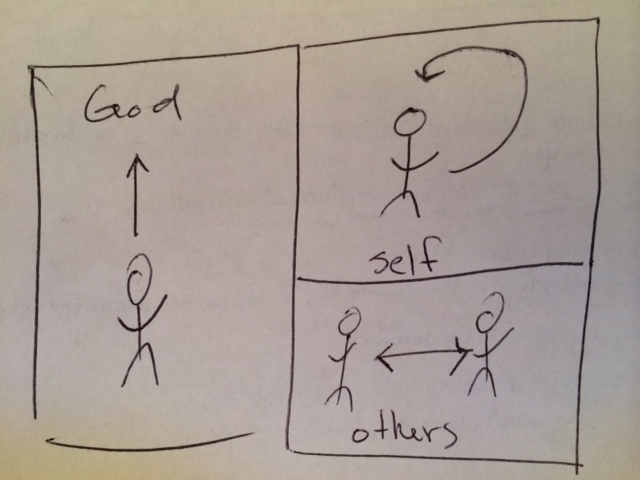Lent. A 40 day period between Ash Wednesday and Easter Sunday. A season of fasting and preparation, repentance and anticipation.
Last week I heard Margaret Feinburg talking about Lent on the Catalyst podcast. It caused me to step back, reflect, and pray about how I participate in Lent this year. I highly recommend listening to that interview.
In the last few years I’ve participated in Lent by reading Lent devotions via YouVersion. I also fasted. For me it was simple, like cutting coffee, social media, or ice-cream.
But this year I’m taking a new challenge. Feinburg challenged her blog readers last year to read the entire Bible during Lent. Thankfully I missed that challenge! Her challenge to read just the New Testament this year is much more reasonable.
It’s a simple challenge. Download the free Lent Challenge: 40 day New Testament Reading Guide here. Or you can download the half page version here. Starting next Wed take 30-minutes a day and read the entire New Testament!
If you’ve never done this before it may sound daunting. But you CAN do it! Here are three reasons you SHOULD…
1. Cut the Fat: it’s good for your health
Trimming fat on food is good for your physically health. Trimming fat (excess) in our spiritual and emotional lives is healthy too.
Consider cutting excess social media, TV, web surfing, or work in order to add 30 minutes of Bible reading each day.
2. Feed Your Soul: it will drive away your real enemies
Jesus was tempted by the devil after a 40-day fast. He was hungry! But Matthew 4:4 says rather than give in Jesus quoted Deuteronomy 8:3.
Jesus answered, “It is written: ‘Man shall not live on bread alone, but on every word that comes from the mouth of God.’”
When we’re tempted we need spiritual strength. Filling our minds and hearts with the promises of God give us that strength.
3. Prepare For Renewal
There’s a chance God has something for you in the next few months. A new challenge, opportunity, trial, job, calling, blessing. Only He knows.
Nothing but a full spiritual tank can prepare us for what’s ahead.
Take the challenge.
Cut the Fat.
Feed Your Soul.
Prepare for Renewal.
Through the season of Lent I will be sharing my experience here and on Twitter and Facebook. I encourage you to do that same.
QUESTION: what are you hoping to experience during Lent 2014?










